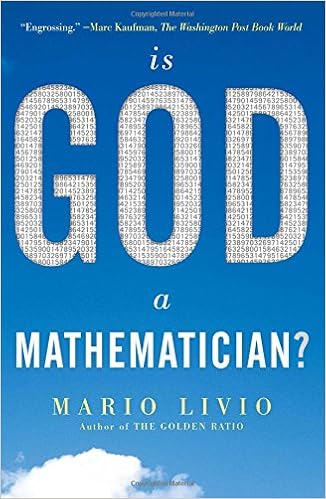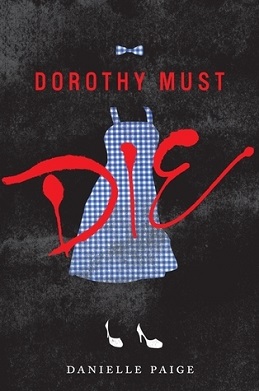
Ankerita: Seasons Out of Time is a 2013 Gothic horror
young adult novel by Robert Wingfield. It was published by The Inca Project and
released in November 2013. It is the first book in the The Seventh House series.
The author’s website can be found here. I was provided with a free copy of the
book in exchange for an honest review.
The novel follows Ankerita, later called Anna, a woman from
the Tudor era who escapes the grave she’s been imprisoned in for over five
hundred years after her resting place is unintentionally disturbed. She takes
on the life of one of the vandals who released her and finds herself thrust into
the modern world. She is able to see restless spirits and is forced to intervene
in order to put them to rest. As a woman without identity, Anna must also dodge
the attention of the authorities and prevent her return to the grave and succumbing
to the plans of demons attempting to claim her soul.
Ankerita, or Anna as I will refer to her for the rest of
this review, was my favorite character in this story. She’s incredibly complex
and just when I’d start to think I knew everything about her character, there’d
be a new facet to her revealed. I won’t lie, when I started reading, I thought
Anna was going to be an antihero. Early on, the reader learns that she was imprisoned
at an abbey, and later cursed with living death, because she killed her
husband. Her first act in the story is to trick Tox, a graffiti artist, into
taking her place at the abbey so that she can escape. Yet, Anna isn’t quite an
antihero, but instead a young woman trying to recapture the life she was robbed
of. in addition to that, when Anna gets into trouble, which happens quite a bit,
she doesn’t wait around to be rescued, but in most cases, manages to get
herself out of danger. She meets too many people on her journey to list, but there
are a handful that left a big impression. Captain Slash, the ghost of a
highwayman, she meets early on. He was the character I found to be the most
entertaining, especially on the few occasions where he comes to her aid. She is
also followed by a demon named Didiubas and its not clear whether he’s helping
her or just getting Anna into more trouble. It depends on what exactly she’s
doing at the time. While this book had some heavy and dark moments, the
characters helped the story feel balanced.
This novel tells the story of a woman out of time, and one of
the things that I enjoy about it is the author’s commitment to that idea. Anna is
thrown five hundred years into the future and the alien-ness of the world
around her shows. She retains some knowledge of the modern world from the body
she’s inhabiting, but there are many moments where her actions or behavior shows
that she’s brand new to this world. Many times, this takes the form of her
wording things in a way that no one else understands, she sounds a bit like Shakespeare
at times, but her inner monologue also reveals aspects of that. I enjoyed
reading her struggles to understand and live in the modern world and adapt to things.
Many stories where a character is thrown forward in time, or backwards in some
cases, depict a short adjustment period and no longer-lasting implications
beyond that which tends to annoy me because it glosses over how much things
change over a few centuries. Ankerita’s depiction of a woman out of time
is the most realistic one I’ve read, possibly ever.
The pacing of Ankerita isn’t as structured as some other
novels, but that works in the novel’s favor. Rather than having a strict
progression of events that lead from beginning to end, the novel is a series of
adventures that Anna experiences as she moves throughout the United Kingdom,
sometimes by her own volition, and sometimes because of the actions of others.
She’s trapped between the real world and the afterlife, allowing her to see ghosts
around her with unfinished business. As she moves through the country, and
searches for her place in this strange new world, she’s slowly being nudged
towards her destiny, which she doesn’t want to accept, but everything she does
only pulls her closer to it. it’s a story as much about exploring the world as
it is about self-discovery.
I tend to avoid spoiling things in my reviews as a rule. I’m
going to abide by that rule in this review, but that makes it a bit difficult to
discuss the end of the story, especially given that this is the first book in a
series. I enjoyed the ending a lot, especially the twist that came in the last
few pages to set up the sequel and make the reader reevaluate everything that
had happened previously. Wingfield did an excellent job of bringing the story almost
full circle, but not completely in order to deliver a great ending. I finished Ankerita
and wanted to read the next book.
I enjoyed Ankerita overall, but unfortunately, no
book is perfect. There are a few things I need to address that I wasn’t as thrilled
about as most of the story. Wingfield was able to combine humor into the horror
aspects of the story pretty well for the most part, but there were a few scenes
where it didn’t quite fit in my opinion. The humor in those moments just felt a
little off. There were a few things that
happened that were confusing and didn’t really make much sense or weren’t
explained enough to make sense. I was able to understand most of the events in
the story, but the few that confused me took me out of the story.
Ankerita was a book that surprised me. I didn’t expect
to enjoy it as much as I did. It starts with a great premise and uses that premise
to tell an engaging and unique story. The author’s writing style is one that I enjoy
and its an easy book to lose oneself in. As this is the second book I’ve read and
enjoyed by Robert Wingfield, the first being Countdown to Omega, its
clear that he’s talented at writing in more than one genre. I’d recommend it to
any Gothic literature fans out there and I can’t wait to read the sequel.
Rating: 4.3 Stars
Buy Me A Coffee?






